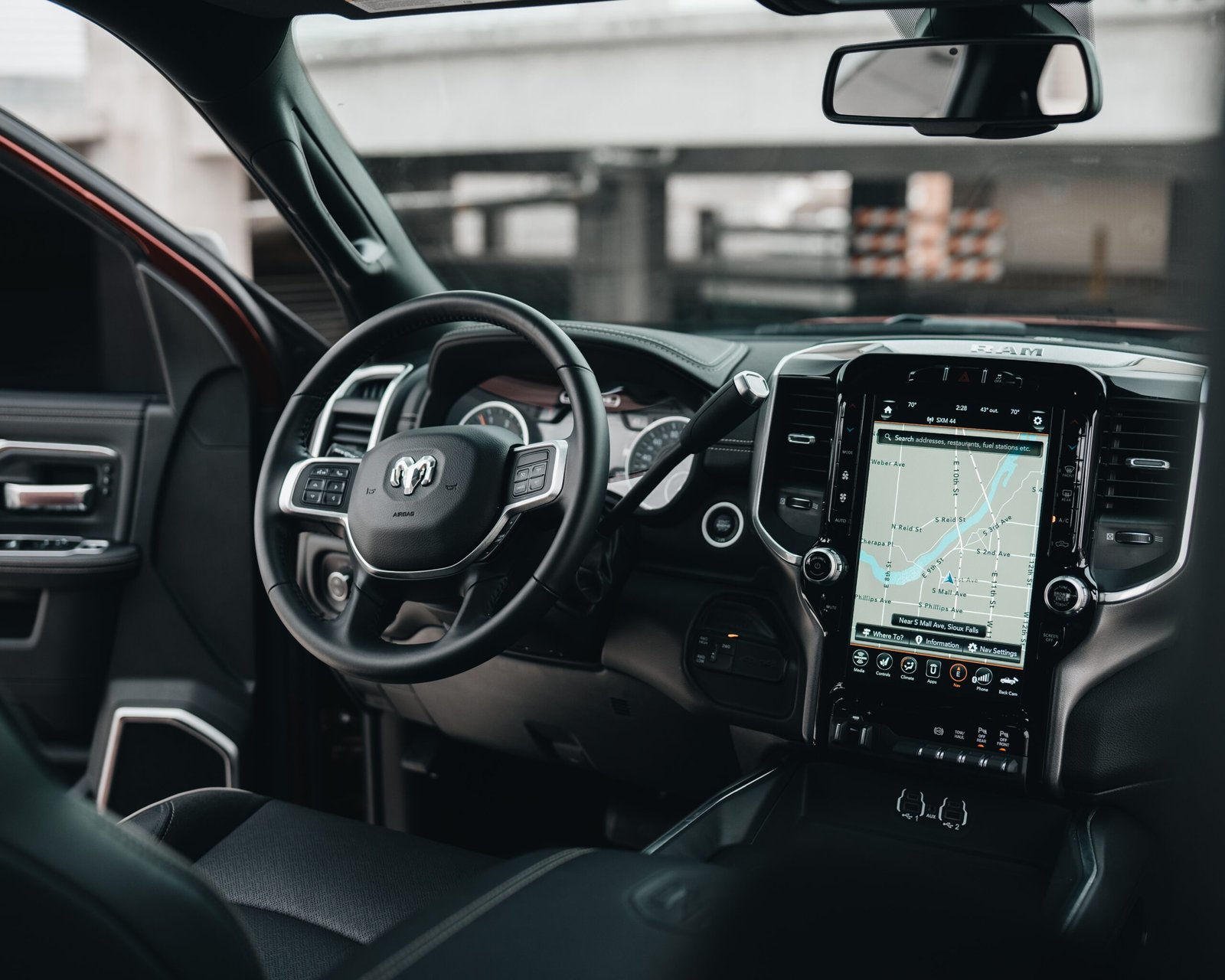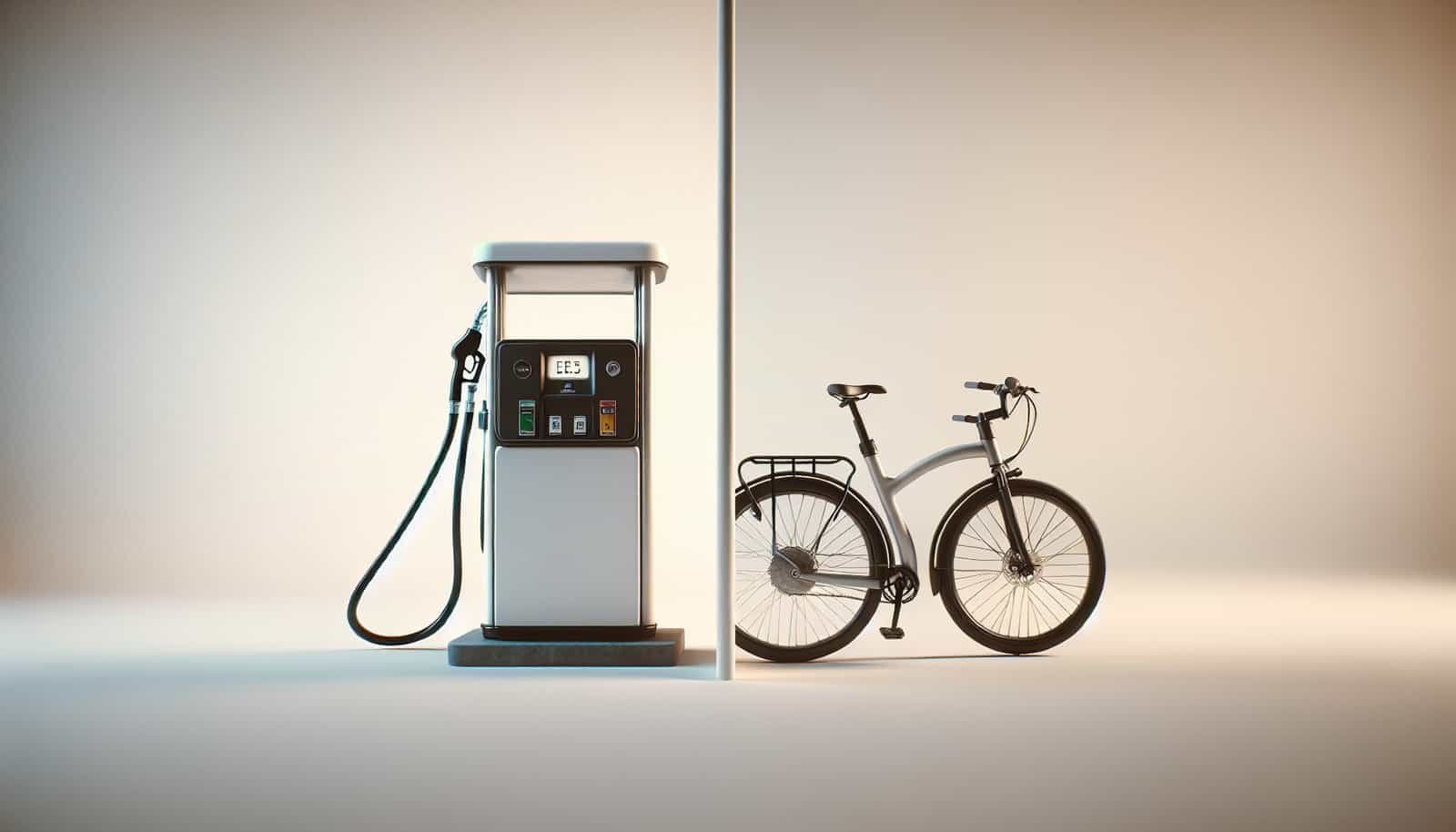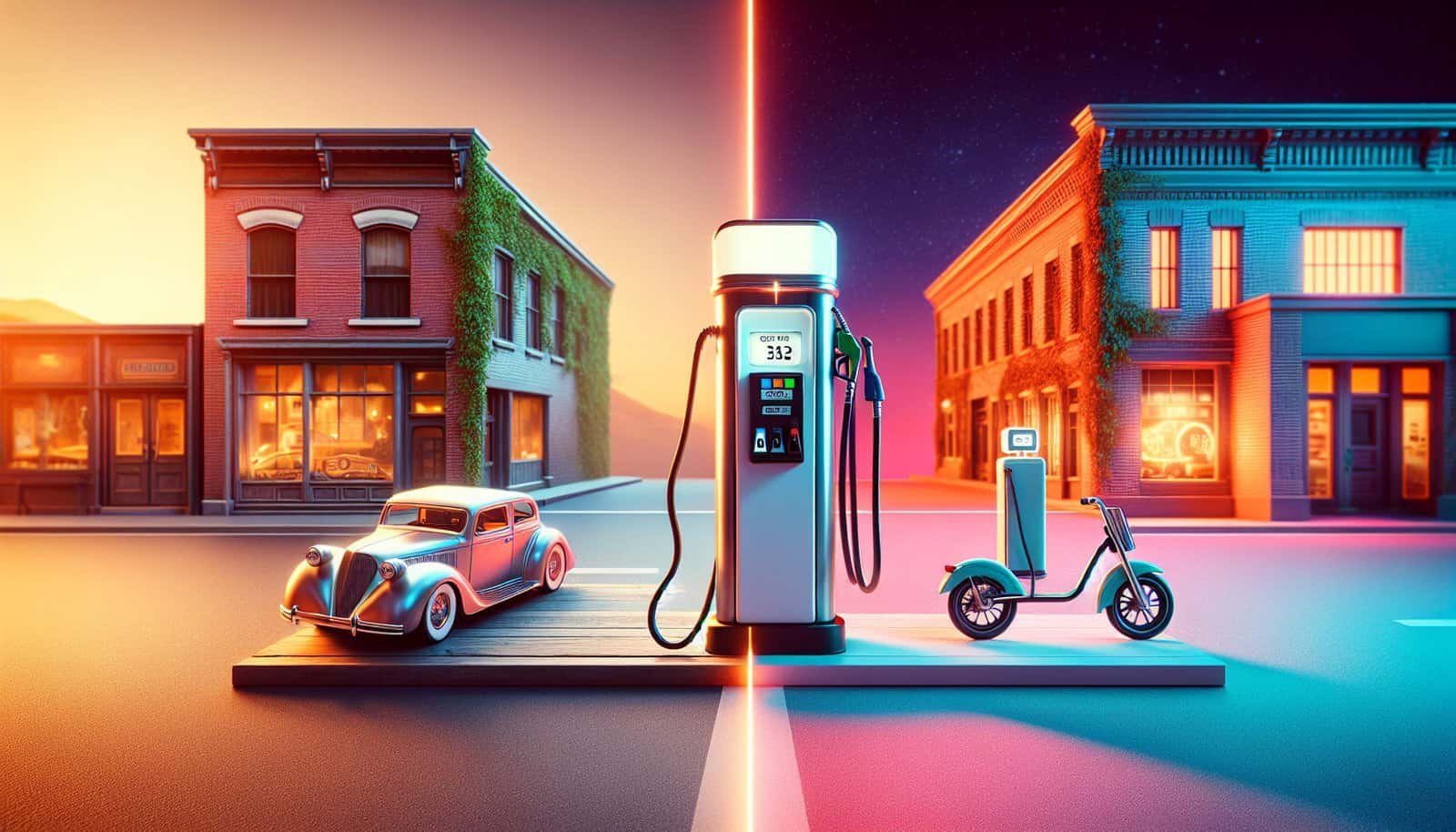Have you ever wondered just how affordable and convenient it is to charge an electric bike compared to filling up a car with gasoline? Well, look no further! In this article, we will explore the cost comparison between charging an electric bike and refueling a car, providing you with a clear understanding of the financial benefits and potential savings that come with adopting this eco-friendly mode of transportation. So, get ready to discover how much those daily commutes can impact your wallet and make an informed decision about your transportation choices!
Overview of Electric Bikes and Cars
Electric bikes and gasoline cars are two popular modes of transportation that offer different benefits and costs. Electric bikes, also known as e-bikes, are bicycles equipped with an electric motor and a rechargeable battery. On the other hand, gasoline cars run on traditional fuel and are propelled by an internal combustion engine. Both options have their own set of factors that affect their cost, including the cost of charging for electric bikes and the cost of gasoline for cars.
Factors Affecting Cost of Charging Electric Bikes
Electricity Rates
One of the most important factors that affect the cost of charging an electric bike is the electricity rate. The rate at which you are charged for each unit of electricity consumed can vary depending on your location and the specific electricity provider. It is essential to consider the electricity rates in your area to have an accurate understanding of the charging costs for your electric bike.
Battery Capacity and Charging Time
The battery capacity and charging time also play a significant role in the cost of charging an electric bike. Electric bike batteries come in various capacities, which determine how much distance can be covered before needing to recharge. Additionally, the charging time required to fully recharge the battery can vary. Higher battery capacities and longer charging times can impact the cost as they consume more electricity.
Distance Covered per Charge
The distance covered per charge is another factor to consider when calculating the cost of charging an electric bike. Some electric bike models have a longer range, allowing you to travel more miles without the need to recharge. If you frequently ride long distances, you may need to recharge more frequently, resulting in higher charging costs.
Charging Accessories
Electric bikes may require additional charging accessories such as charging cables or adapters. These accessories can add to the overall cost of charging an electric bike. It’s important to consider the price of these accessories when calculating the total cost of charging your electric bike.

Factors Affecting Cost of Gasoline for Cars
Fuel Efficiency
The fuel efficiency of a car is an important factor when determining the cost of gasoline. Cars with higher fuel efficiency can travel more miles per gallon of gasoline, resulting in lower fuel costs. It is crucial to consider the fuel efficiency of a car before making a purchase, as it directly affects the cost of gasoline over time.
Gasoline Prices
The fluctuating prices of gasoline can significantly impact the cost of fuel for cars. Gasoline prices can vary depending on factors such as crude oil prices, geopolitical events, and supply and demand. Keeping track of gasoline prices in your area can help you estimate the cost of fueling your car accurately.
Commute Distance and Travel Frequency
The distance of your daily commute and the frequency of your travel also affect the cost of gasoline for cars. If you have a longer commute or frequently travel long distances, you will likely consume more gasoline, resulting in higher fuel costs. It’s important to consider your travel habits and the distances you typically cover to determine the cost of fueling your car.
Initial Investment
Electric Bikes
The initial investment required for an electric bike includes the purchase price of the bike itself. Electric bikes can vary in price depending on factors such as brand, features, and quality. While the upfront cost may be higher compared to traditional bicycles, some electric bikes offer a good balance of affordability and performance.
Gasoline Cars
Gasoline cars typically have a higher initial investment compared to electric bikes. The purchase price of a gasoline car depends on factors such as the brand, model, features, and condition. Additionally, the ongoing costs of car ownership, including insurance and maintenance, should also be considered when evaluating the initial investment required for a gasoline car.

Cost Comparison in Daily Charging/Refueling
Electric Bike Charging Costs
The cost of daily charging for an electric bike depends on factors such as the electricity rate, battery capacity, and daily distance covered. By considering these factors, you can estimate the average daily charging cost for your electric bike. It is generally more cost-effective to charge an electric bike compared to refueling a gasoline car daily.
Car Gasoline Refueling Costs
The daily refueling costs for a car depend on factors such as the fuel efficiency, gasoline prices, and daily commute distance. By factoring in these variables, you can estimate the average daily cost of refueling your car. Gasoline refueling costs for cars are generally higher compared to the daily charging costs of electric bikes.
Long-Term Cost Comparison
Electric Bike Maintenance and Replacement Costs
Electric bikes typically have lower maintenance and replacement costs compared to gasoline cars. Electric bikes have simpler drivetrains and fewer components, reducing the likelihood of expensive repairs. Battery replacements, which are one of the main expenses for electric bikes, can be done periodically and are generally less expensive than the maintenance and repair costs associated with cars.
Car Maintenance and Repair Costs
Gasoline cars generally have higher maintenance and repair costs compared to electric bikes. Cars have complex engines and more components, increasing the likelihood of expensive repairs. Regular maintenance such as oil changes, brake replacements, and tire rotations can add to the overall cost of owning and maintaining a car.
Depreciation and Resale Value
Depreciation and resale value play a significant role in the long-term cost of owning a vehicle. Gasoline cars tend to depreciate more rapidly compared to electric bikes. Electric bikes, with their lower initial investment and lower depreciation rates, may retain a higher resale value over time. Considering depreciation and resale value is essential when evaluating the long-term costs of owning a vehicle.

Environmental Impact and Cost Consideration
Electric Bike Environmental Impact
Electric bikes have a lower environmental impact compared to gasoline cars. They produce zero emissions during operation, reducing air pollution and contributing to a cleaner environment. By choosing an electric bike, you can make a positive impact on air quality and reduce your carbon footprint.
Car Environmental Impact
Gasoline cars contribute to air pollution due to their emissions. The burning of fossil fuels in cars releases greenhouse gases, contributing to climate change and air quality degradation. Transitioning to electric bikes can help reduce the environmental impact associated with car emissions.
Emerging Trends in Renewable Energy
As the world shifts towards renewable energy sources, the cost of electricity for electric bikes may become more competitive. Increased renewable energy generation, such as solar and wind, can potentially make the electricity used to charge electric bikes even more sustainable and affordable.
Potential Saving Strategies
Efficient Riding Techniques
Implementing efficient riding techniques can help reduce the charging costs for electric bikes and the fuel costs for cars. Riding smoothly, avoiding sudden acceleration and unnecessary braking, and using the electric motor or gasoline engine efficiently can contribute to cost savings over time.
Public Charging Stations
Utilizing public charging stations for electric bikes and taking advantage of their often lower electricity rates can help reduce charging costs. Public charging stations are becoming increasingly available in many cities, offering convenient and cost-effective charging options for electric bike owners.
Gasoline Discounts and Rewards
Taking advantage of gasoline discounts and rewards programs can help lower the fuel costs associated with owning a car. Many gasoline stations offer loyalty programs or discounts based on factors such as fuel consumption or regular patronage, allowing car owners to save on refueling expenses.
Government Incentives
Government incentives, such as tax credits or rebates, can significantly reduce the initial investment and ongoing costs of owning an electric bike or a gasoline car. Researching and taking advantage of available government incentives can help make these modes of transportation more affordable.

Conclusion
Electric bikes and gasoline cars have different costs associated with charging and refueling. Factors such as electricity rates, battery capacity, fuel efficiency, and commute distance play a crucial role in determining the cost. While electric bikes generally have lower initial investments and ongoing costs, gasoline cars have higher maintenance and repair expenses. Considering the environmental impact, emerging trends in renewable energy, and potential saving strategies can further inform your decision-making when choosing between electric bikes and gasoline cars.

